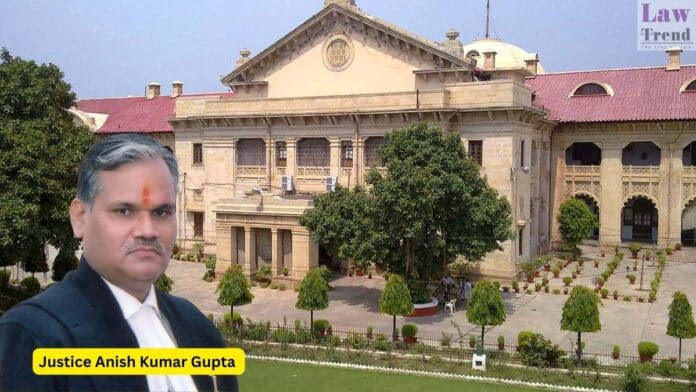In a significant ruling, the Allahabad High Court quashed the criminal proceedings against an applicant accused under Sections 498-A, 506, and 120-B of the Indian Penal Code (IPC) and Sections 3/4 of the Dowry Prohibition Act, 1961. The Court, presided over by Justice Anish Kumar Gupta, emphasized that “suspicion alone cannot be the basis for
To Read More Please Subscribe to VIP Membership for Unlimited Access to All the Articles, Download Available Copies of Judgments/Order, Acess to Central/State Bare Acts, Advertisement Free Content, Access to More than 4000 Legal Drafts( Readymade Editable Formats of Suits, Petitions, Writs, Legal Notices, Divorce Petitions, 138 Notices, Bail Applications etc.) in Hindi and English.




